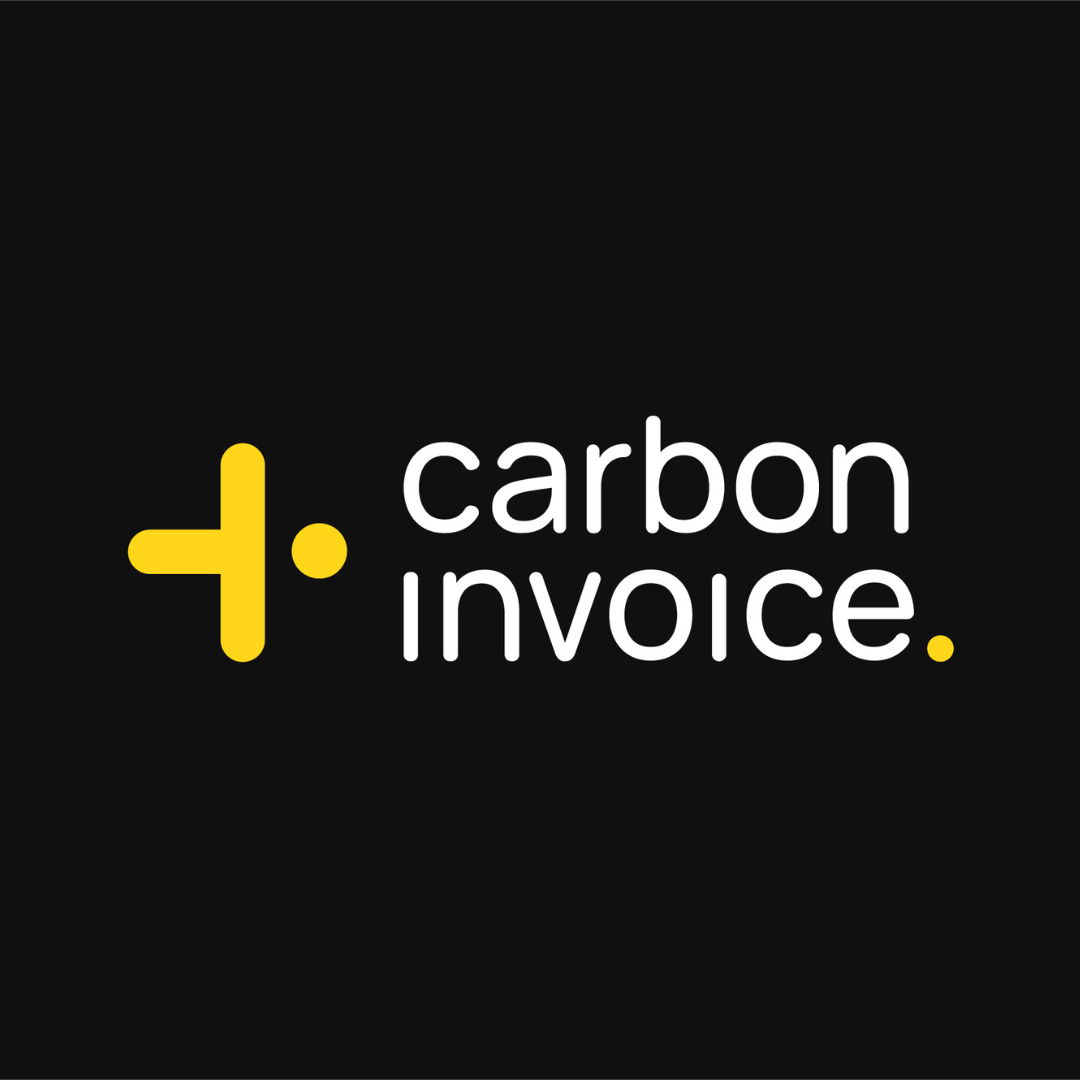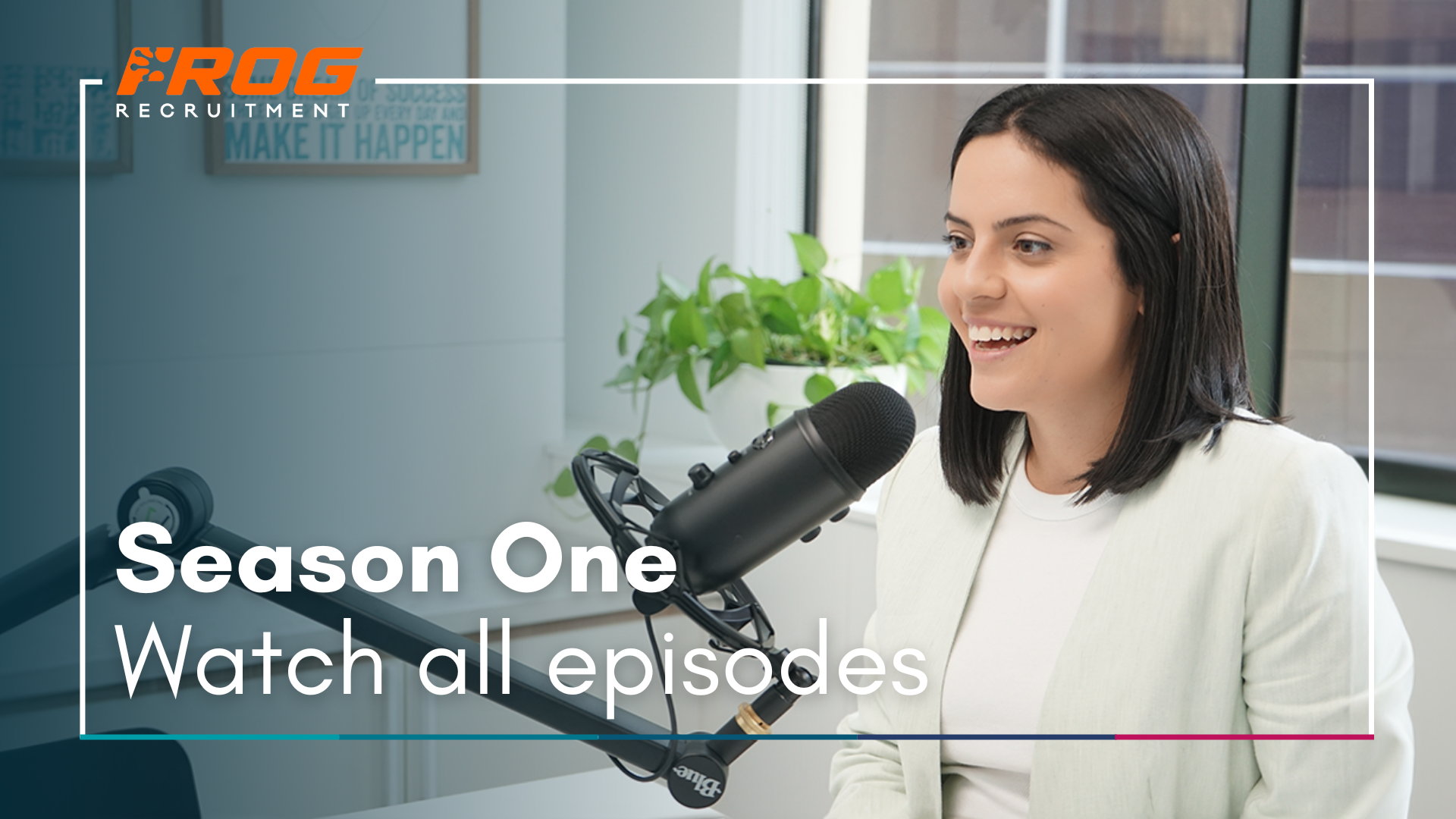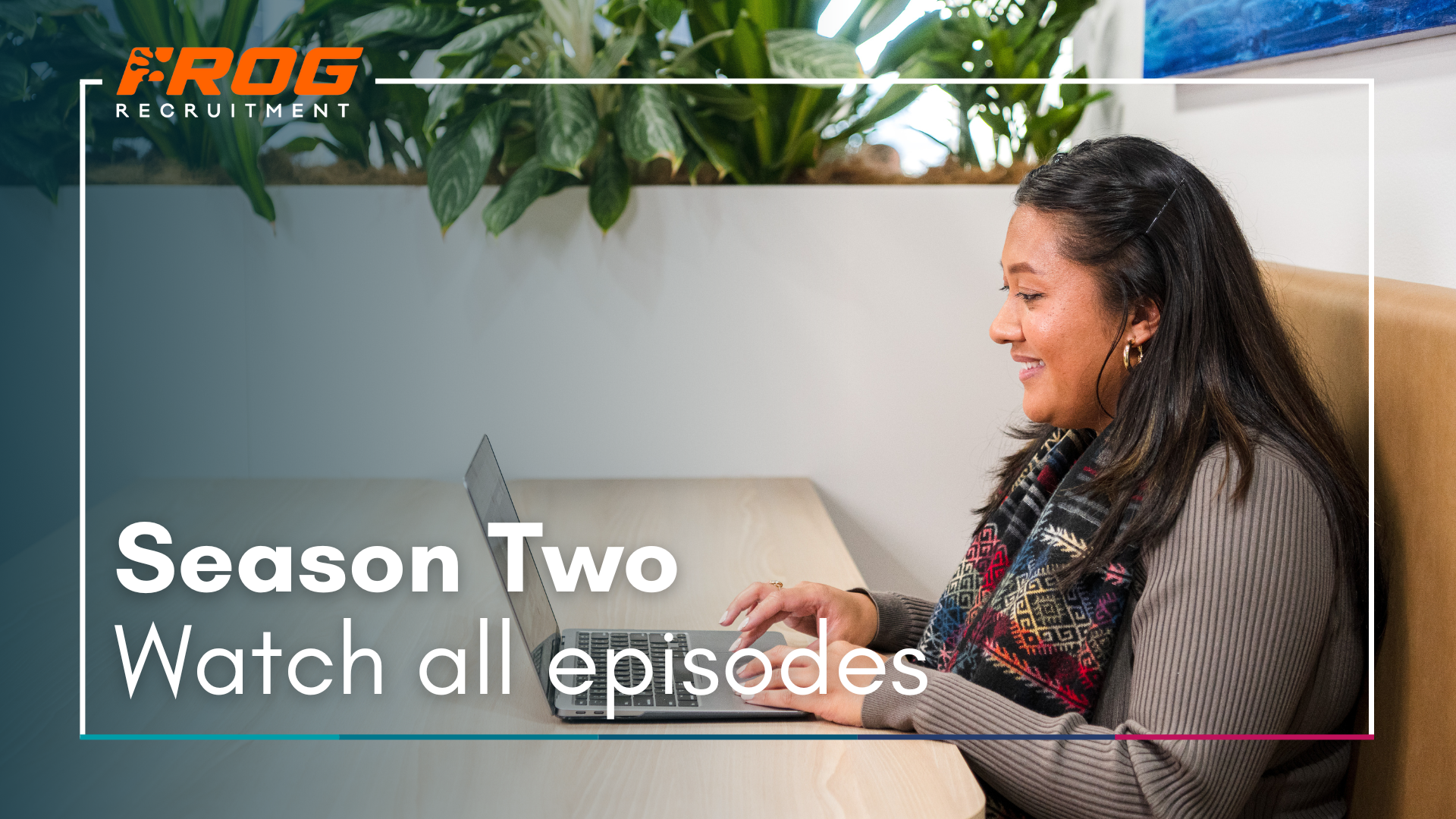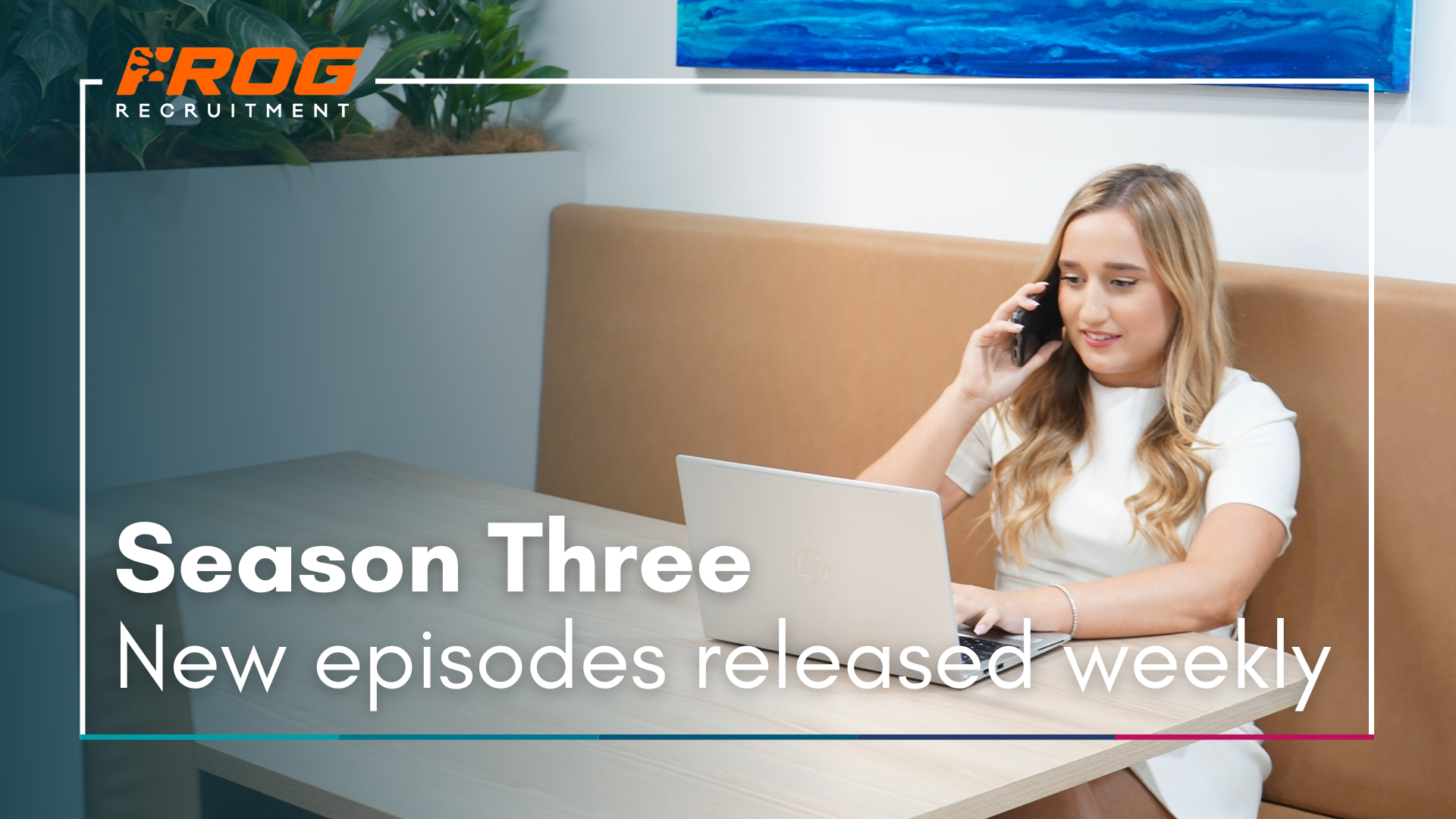Carlos: Kia ora, Shannon. Great to be here. Great to see you again.
Shannon: Excellent. Now, Frog and Peep2Peeple, we're going into, I think it's our second year partnering with Carbon Invoice and really making that chance to do the right thing and to make progress in terms of reducing our carbon footprint. But tell us a little bit about Carbon Invoice and how that works for any businesses who might want to get involved.
Carlos: Awesome, Shannon. Yeah, we're nearly at just coming into the second year of the partnership, which we initially kicked off with Frog in New Zealand and then brought into the wider People to People group. So awesome progress. Carbon Invoice is seriously simple carbon action for people-powered businesses. We have designed the easiest way and the most credible way for services businesses, anyone with a people-powered focus, to start taking carbon action now. That means, in terms of the product, three actions in three minutes. We measure your carbon footprint automatically using software and your existing accounting data. So we've developed a really quick, efficient, and smart way of doing that that doesn't add any load onto the business themselves. So it's as simple as putting in your business basics, tell us a little bit about your business, and then connect up your accounting file, your Xero or your MYOB. And then about two and a half minutes later, you will have your carbon measurement done in real-time telling you your business's entire carbon footprint. So yeah, that's the first action. Secondly, we're steering our customers towards mitigating their carbon footprint by planting native trees, and generally, our customers love to do that in the communities that they operate in. So we take your carbon footprint and we basically help you understand the number of native trees you'd need to plant to compensate for it. And then thirdly, and really importantly, we have a personalized and automated content library, which all of our customers can access. And that basically gives them a range of ways to communicate with their clients, with their team, with their stakeholders, and explain exactly what they've done. So we've measured our carbon footprint as Frog. We've funded this many native trees. Shannon, well done to you and the team. As of today's date, Frog has funded 743 native trees. You've got 528 in Auckland on Motutapu, and then 214 down here in Wellington at Ofero Bay. So these are tangible things that people-powered businesses like Frog can point to and demonstrate that you are taking carbon action and you are taking this seriously. Actions speak louder than words. So yeah, we've been in the market for about a year and a half. We support customers across New Zealand and Australia into the hundreds now. And yes, services firms with one employee up to 100 or 150 employees is the sweet spot.
Shannon: Yeah, fantastic. And I can really attest, you know, when I got the call from your team to tell me all about it and see if we're interested. So one of the things I'm sure many businesses as well, you know, they want to do the right thing, but it's a problem of knowing where to start or how to do it. And sometimes it's that can seem like all a bit too much. So it was great to be able to have this simple solution and put it into someone else's hands so that we can just focus on continuing to do the little things that make a difference to our footprint. But being able to see the impact of that and also to be able to mitigate things and have a nice friendly competition with our friends in Australia about how many trees you're planting, all that good stuff as well. um now it's interesting to to hear if you've noticed any changes in the market for businesses wanting to be able to measure and reduce their carbon footprint and maybe how that's impacted your focus for this year.
Carlos: Yeah, great question, Shannon. As I've mentioned, we're in year two. So numbers-wise, we have seen a massive uptick in the number of businesses who are measuring their carbon footprint as that first step. We give that service away for free. So you can sign up and measure your carbon footprint for free. And then paid users, we're seeing decent growth. But I think it's a bit down on the later stage, or it is a bit down on the later sort of Q4 calendar of last year, Q3 calendar. I think wider trends, you know, qualitative stuff that we're hearing, look, it's competitive out there. As you said, Shannon, it's competitive for jobs and it is competitive for customers. And it's a little bit sector-dependent, but I think the general trend holds. So yeah, businesses are having to fight hard and retain customers, win customers. And I think we are positioning as helping our customers differentiate their business in that competitive effort. And I think we're getting pretty good feedback on that generally. I guess one way to think about it would be maybe the overall market of firms who are stepping into carbon action for the first time has shrunk a bit, but the market that is there are very problem aware, solution aware, and are really action-oriented. That's what we're seeing. A couple of other trends I'll speak to. At a corporate level, so if you're a hiring manager or a job seeker in the corporate space, in New Zealand, We have regulation for the top 200 businesses coming in from June, and that's going to mean that those top 200 listed companies now start mandatorily disclosing their climate-related risks along with their financial related risks. So even though we might have had a change of government, things feel a bit more conservative maybe than the previous period. That regulation is still in place and that is going to drive momentum around climate action and carbon action at that corporate level. Now in the mid-market or the small business end, it's still very much a voluntary activity. And that's where I think that you're looking for those business commercial drivers which move things forward. I mean, what we're generally saying to customers and prospects in the market is, look, 2024, great time to get started, great time to measure and understand your baseline. And then, you know, you can identify some actions there. This trend of, you know, businesses and taking climate change and carbon seriously isn't going anywhere. So even though, you know, times might be a bit tough, you want to carry on working against those big trends.
Shannon: Yeah, and I imagine you're affected just as everyone else by the economic climate. So there will be businesses who will have it on their list, but maybe it's not the top of their priority right now. But I think it's about seeing the bigger picture and the broader benefits that come with it. So I saw one of the testimonials there where it was about how it helped the business to win attendance so sustainability and what you're doing in that space is very important particularly to big business and government agencies as well so it can benefit the business in that way but also in terms of your staff and making building up your employee value proposition as well so you know it's a personally important to a lot of people so they want to see what their potential new employer is doing in that space and if they're doing right by the planet as well so that's good to see and yeah I expect to see that will start to pick up there as well.
Carlos: Yeah, one great point, Shannon, I'll just make, yeah. So if you've got corporate customers or government customers, you are still going to be asked about your carbon footprint. And that was exactly the use case that got the Australians, Mark, excited about. People to people tendered to the South Australian government to win a preferred supplier spot. They got asked about their carbon footprint, didn't have a great answer, and then built the partnership with us and we kicked that off. And they've since won that business, and Mark's on the record sharing that. So yeah, that's a great use case and those pressures are not going anywhere. In fact, they're increasing.
Shannon: um now i guess there are still lots of businesses out there who are looking to to make the move and to take this step um what should they be aiming to achieve this year?
Carlos: So I think, as I said, step one, get your measurement done right. We've designed a very simple way of doing that. There's also the consultant pathway if you prefer to spend a bunch of money and engage a consultant to do it for you. Those are broadly the two pathways. But I think measurement and understanding of your carbon footprint is a great starting point. I think, you know, action beyond that, you want to tie it into your strategy and it's got to be washing its own face in the next year or two as I think what we're hearing and seeing from customers. So, yeah, areas where we're helping customers is thinking about how it fits as part of their marketing activities, as part of retaining and winning customers as well as differentiating the brand. And there's some fun stuff to do as well. So, you know, personally or Carbon Invoice level, we will be, we're running planting days across every major city in New Zealand and then on the east coast of Australia as well for all of our customers. So that can be a great way to get out there, get the team involved, do something together and build some culture and ferment by actually getting some of the trees that you have funded in the ground. Yeah, and I think that just finding ways where you can get the return on investment, because times are tough. Everyone's looking to make every dollar count. And so that's got to be the key lens in 2024.
Shannon: Perfect. Well, if you're interested in hearing more about this, get in touch with Carlos and the team. The details are on the screen there. Or reach out to us, and we can point you in the right directio
Featuring CarbonInvoice
Season Three
𝗜𝘀 𝘆𝗼𝘂𝗿 𝗯𝘂𝘀𝗶𝗻𝗲𝘀𝘀 𝗿𝗲𝗮𝗱𝘆 𝘁𝗼 𝘁𝗮𝗸𝗲 '𝘀𝗲𝗿𝗶𝗼𝘂𝘀𝗹𝘆 𝘀𝗶𝗺𝗽𝗹𝗲 𝗰𝗮𝗿𝗯𝗼𝗻 𝗮𝗰𝘁𝗶𝗼𝗻' 𝗶𝗻 𝟮𝟬𝟮𝟰?
Join NZ Managing Director Shannon Barlow for the latest insights into the employment and job seeker markets. Explore our hot jobs across New Zealand, and some exciting opportunities abroad in Australia and the United Kingdom.
This week, Shannon is joined by CarbonInvoice CEO and Founder Carlos Chambers to discuss the importance of businesses taking 'seriously simple carbon action', what 2024 looks like for CarbonInvoice, and how businesses can join the Posittive Business movement towards a more sutainable future.
About our speaker

CarbonInvoice strives to enable Seriously Simple Carbon Action for businesses of all sizes. Whoever you are, whatever your reasons, we welcome you.
Our vision is a world where every small business takes Carbon Action and does well from it. Behind every small business are people - people like you and me who care about doing good in this world. But taking action often falls by the wayside amidst the daily stresses of entrepreneurship. What if doing right by the planet could also be easy and rewarding for businesses?






